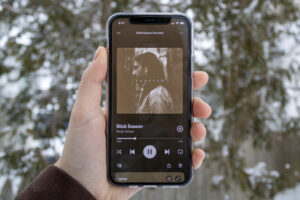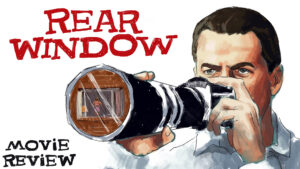4/5 Stars
The Clash is one of those bands whose music remains relevant to every decade and is important for the freedom to express political ideas through music. The Clash was not the first punk rock band to use music as a political strategy with equally political U2 to compete with. However, they were certainly the most effective in the delivery of their music ideas, so much so that their catchy tunes are played over and over again on classic rock radio stations. In 1982, they released their most successful album “Combat Rock.”
To cease misconceptions, The Clash is not your parents’ typical band, reaching their height around the 80s, yet still popular with youthful generations through familiar, political themes. The Clash was known to use themes of religion, government and climate change as inspiration for their songs. The band became an inspiration for popular 90s punk bands Green Day and Rage Against the Machine.
The band broke up in 1986, but they’ve come together a few times to perform for benefit concerts and joined musician Damon Albarn on his “Gorillaz” tour.
The band was made up of English musicians Joe Strummer, Mick Jones, Paul Simonon and Nicky Headon. “Combat Rock” was the last album to feature the original lineup before the band let go of Headon for excessive drug use. The album features two of The Clash’s most popular singles, “Rock the Casbah,” which is about Iran’s ban of Western music in 1979 and “Should I Stay or Should I Go,” which became the anthem of many political statements. It opens with one of the most recognizable guitar riffs and notable Spanish lyrics as backing vocals to make the song an instant classic in the rock genre. The song is also used as a pivotal plot device in season one of the Netflix show “Stranger Things.”
“Combat Rock” should not only be remembered for only two of their greatest pieces of music, as it is the other 10 songs on the record that make it a radical piece of art. Drawing on themes of religion and anti-war sentiments, the album is a motif for the aftermath of the Vietnam War. Songs such as “Straight to Hell” discuss the abandonment of children during the war and the jazzy sounding “Seann Flynn” is about a photojournalist who disappeared while reporting on the war.
The album is often described as melancholic and a trippy, foreboding reflection of the war. The compositions of a few of the songs, “Straight to Hell” and “Red Angel Dragnet,” transport us to the sounds of the Vietnam jungle with the use of whistles and rhythmic drumming. The Clash, like The Police, was heavily influenced by reggae music. Their early music, for example, “London Calling,” has a reggae sound to it. “Combat Rock,” however very minimal, uses the reggae sound and begins to embrace more of a post-punk, experimental sound that captures the angst and frustration from the war.











